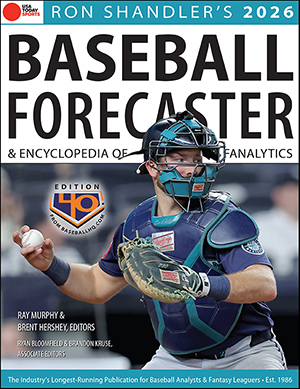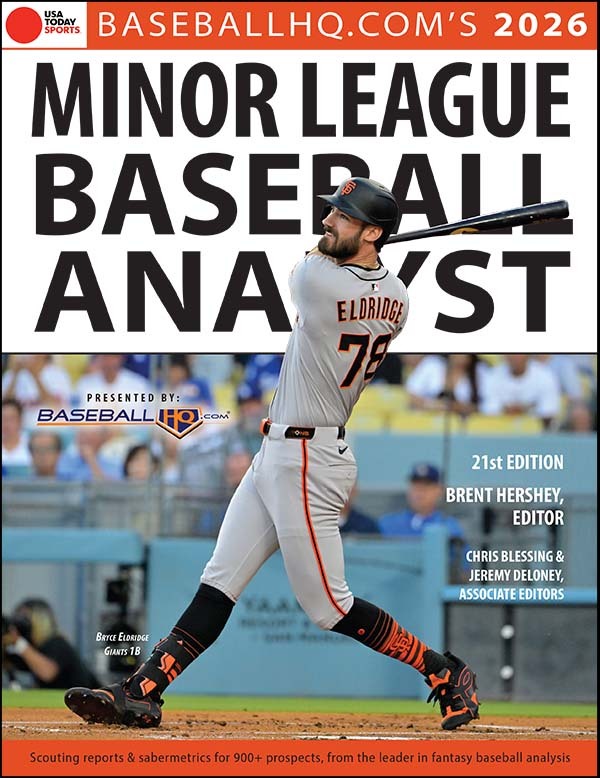
(*) MASTER NOTES: Do we respond to trade rumors?
As we approach the trade deadline the rumor mill ramps up. As this article being is written, rumor has it that the Pirates are interested in Alex Rios. Many closers are reportedly on the trading block. And often fantasy players get caught up in the whirlwind, not knowing what to do.
We are here to bring a little sanity. What is he best way to prepare for the trade deadline? Do nothing.
Trade rumors rarely come true
For purposes of fantasy baseball, the rumor mill may be mildly entertaining but it amounts to very little. Most rumors never come to pass. There are many reasons for this, of course—Agents and teams try to drive up the price, float trial balloons, or attempt to gain leverage for a future negotiation.
Fantasy owners, especially ones who have not been around the block for a long time, sometimes get concerned. Should I deal Justin Morneau (1B, MIN) before the Twins do? Most times, this question is irrelevant.
In the last few days, a lot of names have been bandied, with more to come as we get closer and closer to July 31. Aside from Morneau some of the names mentioned are Jonathan Papelbon (RP, PHI), Michael Young (3B, PHI), Matt Garza (SP, CHC) Martín Pérez (SP, TEX) and at least a dozen prospects. Maybe 10% of the rumored players will actually change uniforms.
Even if your guy does get traded, it usually doesn't matter
Does it even matter? In the vast majority of deals fantasy players are virtually unaffected. In a mixed league, or an one-league setup where there the player is not traded across leagues, the only concern is how a new park or league change may affect the player psychologically or skills-wise.
And if you think pundits have a good grasp on that, you are mistaken. All we have are rough ideas by using park effects, which themselves will swing wildly from year-to-year even though the park itself is exactly the same. How many people, for example, thought Hiroki Kuroda (RHP, NYY) would be the AL ERA leader heading into the All-Star break pitching in Yankee Stadium?
We have a good general idea what may happen. But we have only guesses as to the specifics of how a rumored deal will affect a player. So, rather than go off half-cocked your best play is to stand pat.
In most AL- or NL-only leagues there is still often no change, as in many leagues you keep the player's stats even if he's traded to the other league. In some leagues you are just out of luck and you lose the player. And in some others you get the players he is traded for.
Facing extreme park effects
The only interesting situation to face is when your player seemingly gets shafted by moving to a new park. And even in this circumstance, we advocate doing nothing if you face sophisticated opposition.
Let’s take the rumor of Alex Rios going to Pittsburgh. Over the last three seasons Chicago’s U.S Cellular Field increased RHB HR by 49%. PNC Park decreased RHB HR by 31%. That is as stark a difference as you will find associated with a trade rumor, and based on that you might be justified in a year or two if you own Rios.
If you accept the fallacy of division you assume Rios’ HR will decrease by the difference between the two parks. But that is assuming the general case will apply to the specific. BaseballHQ.com forecasts Rios with nine more home runs over the balance of the season, which amounts to 2-3 home runs per this line of thinking if he is traded today to Pittsburgh.
So of you choose to keep him and he gets traded to Pittsburgh, you allegedly lose a lot of production. The alternative is to deal him. If you can get full value—namely a player worth the same projected rest-of-season dollar value if he does not regress—then you do so. But that might not be likely if your opponents are also sophisticated; they know exactly what you know and will act accordingly.
You can then attempt to deal him at a discount. But will you be likely to get any more than a .275/.319 player with 2-3 projected home runs in return? If not, then it's not worth trading Rios.
Similar calculations exist when the extremes are reversed, but if you work it out you will see that the best play is to ignore the changed situation and stand pat. You lose more by trading Rios’ at a discount and passing up the chance that he will not regress than you do by keeping him and hoping.
The military theorist Clausewitz postulated that defense is the strongest form of fighting a battle. And in the case of possibly traded players, your best strategy is usually to play defense and do nothing.





-300x200.png)



